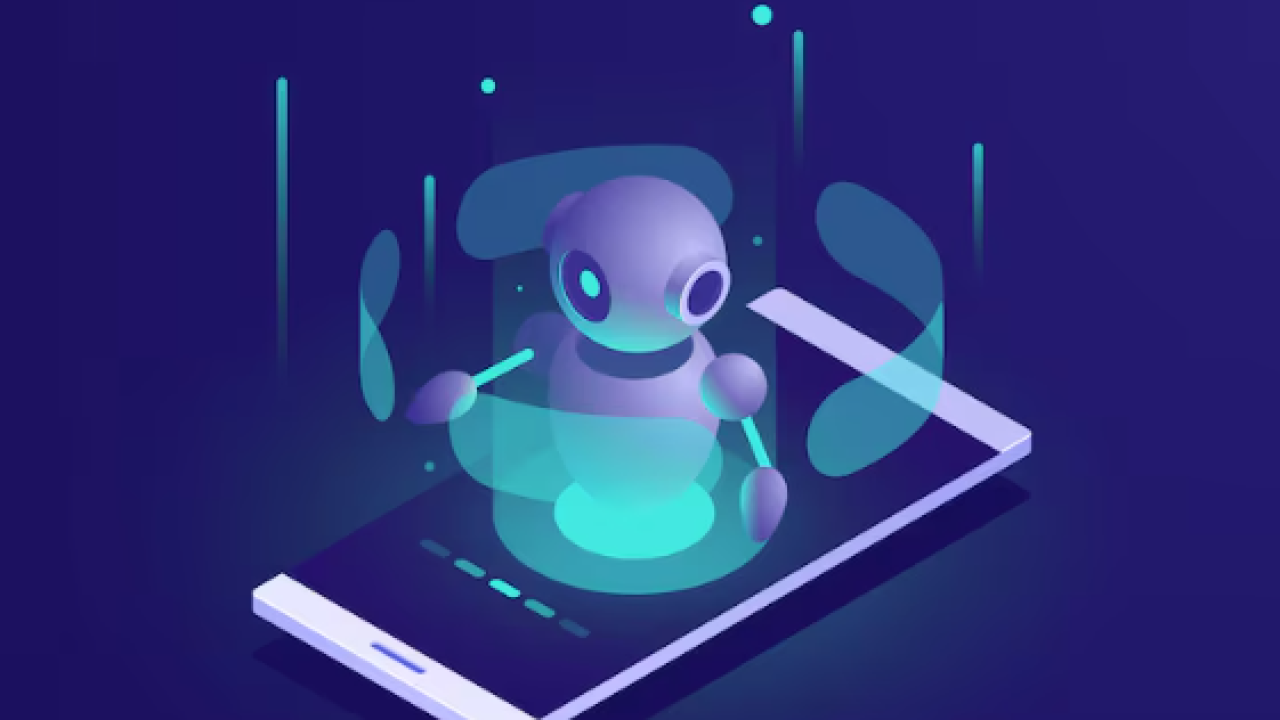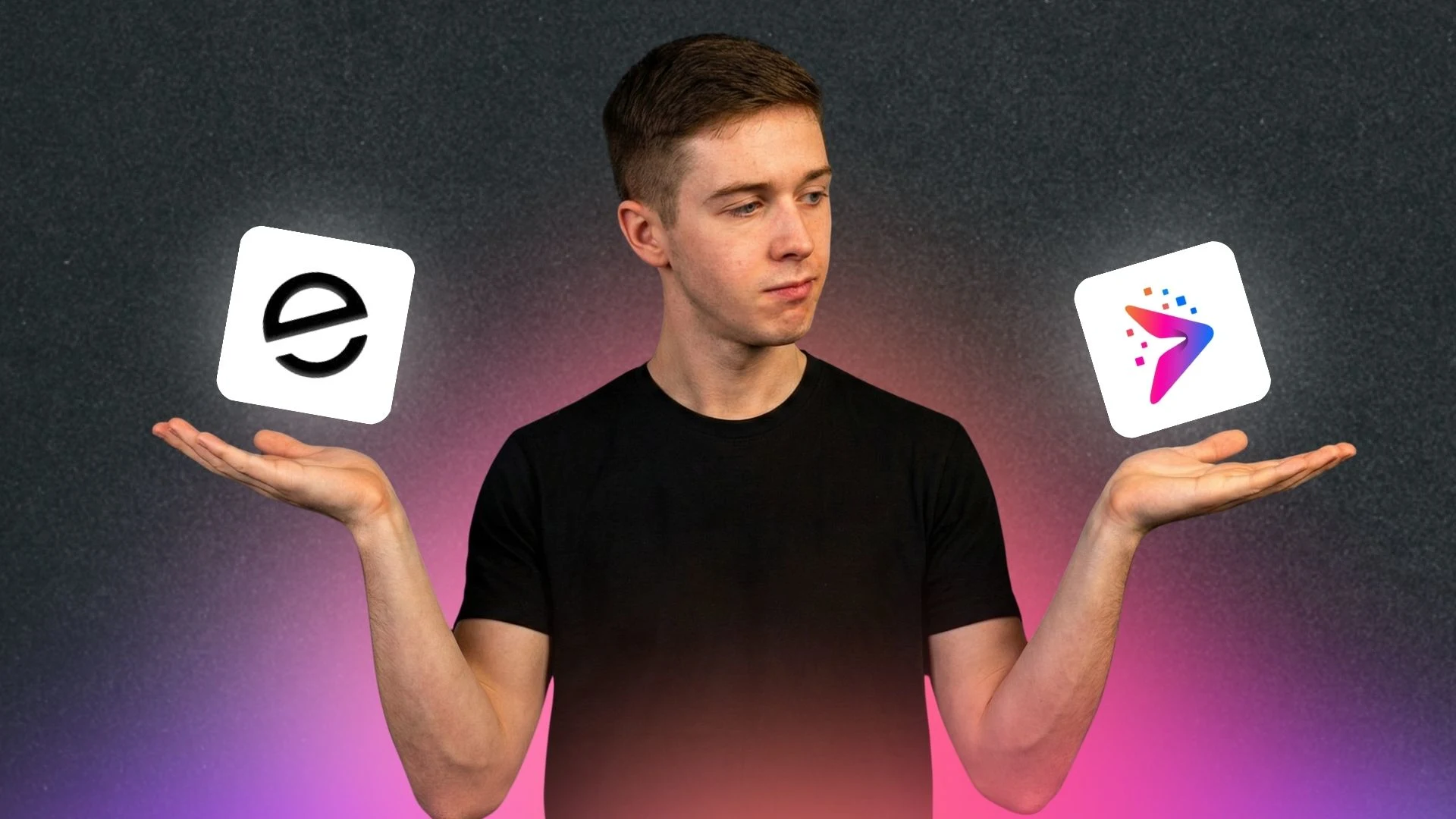46% of all developers globally use some form of AI-assisted coding tool regularly
GitHub Copilot has over 1.8 million active users as of early 2025
Launch Your App Today
Ready to launch? Skip the tech stress. Describe, Build, Launch in three simple steps.
BuildOver 55% of code written by Copilot users is now AI-generated
AI’s influence in software development is profound and multifaceted. It is not merely an auxiliary tool but a cornerstone for modern development processes.
Automating Repetitive Tasks
AI’s ability to automate repetitive and mundane tasks is transforming the coding landscape. Tasks such as code formatting, syntax checking, and automated testing can be tedious and time-consuming for human developers. AI-powered tools efficiently handle these tasks, reducing the burden on developers. By automating these processes, developers can allocate their time and resources to more complex and innovative challenges, enhancing productivity and creativity within development teams.
Additionally, AI automation minimizes human error, which is inevitable in manual processes. This leads to cleaner, more reliable code, ultimately improving the quality and stability of software products. AI tools can ensure consistency across large codebases, maintaining coding standards and reducing discrepancies.
Predicting Code Errors
AI’s capability to predict and identify code errors before they escalate into major issues is a game-changer. Advanced algorithms can analyze vast codebases to pinpoint potential errors, inefficiencies, or vulnerabilities. This predictive capability is invaluable, as it significantly reduces debugging time and enhances the overall quality of software products.
Tools like DeepCode and Snyk employ machine learning to offer real-time code analysis and intelligent suggestions. These tools continuously learn from new code patterns and error types, adapting to provide increasingly accurate predictions. By leveraging AI, developers can preemptively address errors, ensuring smoother development cycles and more robust applications.
Enhancing Code Quality and Collaboration
Beyond automation and error prediction, AI enhances code quality and facilitates collaboration among development teams. AI tools can suggest best practices and optimal code snippets, fostering a culture of continuous improvement. Developers can learn from AI-generated insights, refining their coding techniques and adopting new methodologies.
Moreover, AI tools can bridge gaps between team members with varying skill levels. By providing real-time assistance and educational feedback, AI enables junior developers to learn from more experienced colleagues and AI-driven insights. This fosters a collaborative environment where knowledge sharing and skill development are integral components of the development process.
Best AI Tools for Coding

The software development landscape is rich with AI tools designed to assist developers at every stage of the coding lifecycle. Here are some of the most effective tools that are transforming the way developers code.
GitHub Copilot
GitHub Copilot, developed by GitHub in collaboration with OpenAI, is a groundbreaking AI-powered code completion tool. Its machine learning models, trained on extensive datasets of open-source code, can suggest code snippets and even entire functions as you type. This capability drastically accelerates the coding process, enabling developers to write cleaner, more efficient code with ease.
Copilot’s intelligent suggestions are context-aware, meaning it can understand the intent behind your code and provide relevant completions. This not only saves time but also helps developers adhere to best practices and coding standards. As a result, developers can focus more on solving complex problems rather than getting bogged down by syntactical details.
Tabnine
Tabnine is another AI-powered code completion tool that supports multiple programming languages. Its seamless integration with popular code editors such as Visual Studio Code, IntelliJ IDEA, and Sublime Text makes it a versatile asset for developers. Tabnine’s AI engine learns from individual coding habits, providing personalized and relevant code suggestions.
By understanding a developer’s unique coding style and preferences, Tabnine delivers suggestions that align with their workflow. This personalized approach enhances productivity and reduces the cognitive load on developers, allowing them to code more intuitively and efficiently.
Kite
Kite is an AI-driven code completion tool designed to help developers write code faster and with fewer errors. It offers real-time suggestions, documentation, and examples as developers type, supporting over 16 programming languages and integrating with major code editors.
Kite’s real-time assistance empowers developers to explore new libraries and frameworks without disrupting their workflow. By providing contextual information and examples, Kite facilitates learning and experimentation, enabling developers to expand their skill sets while working on projects. This capability makes Kite an invaluable tool for both novice and experienced developers.
No-Code Development: A New Era
The advent of no-code development represents a paradigm shift in the software industry. It democratizes software development, enabling individuals with little to no coding experience to create applications using visual interfaces and pre-built components. AI plays a pivotal role in enhancing no-code platforms, making them more intuitive and efficient.
Imagine.Bo: A Leader in No-Code Development
Imagine.Bo stands out as a leading platform in the no-code development arena. It empowers users to create complex applications without writing a single line of code. With AI-driven automation and intuitive design tools, Imagine.Bo is transforming the way businesses approach software development.
The platform’s visual interface allows users to design and deploy applications rapidly, eliminating the need for extensive coding knowledge. Imagine.Bo’s AI-driven features assist users in optimizing application performance and user experience, ensuring that non-developers can create high-quality software solutions.
Benefits of No-Code Platforms
No-code platforms offer a multitude of benefits that are revolutionizing the software development landscape:
- Accessibility: No-code platforms make software development accessible to non-developers, enabling a wider range of individuals to bring their ideas to life. This democratization of development fosters innovation and creativity across diverse fields.
- Speed: By eliminating the need for manual coding, no-code platforms significantly reduce development time. Rapid prototyping and deployment allow businesses to respond swiftly to market demands and user feedback.
- Cost-Effectiveness: Businesses can save on development costs by utilizing no-code platforms, which require fewer resources and personnel. This cost-effectiveness is particularly beneficial for startups and small enterprises seeking to maximize their budgets.
AI’s Role in Enhancing No-Code Platforms
AI is integral to the success of no-code platforms, enhancing their capabilities and user experience. AI-driven automation streamlines complex processes, allowing users to focus on design and functionality rather than technical intricacies. This results in more user-friendly and efficient applications.
Moreover, AI assists in optimizing application performance, ensuring that no-code solutions are robust and scalable. By analyzing user interactions and feedback, AI algorithms can suggest improvements and enhancements, enabling continuous iteration and refinement of applications.
The Future of AI in Software Development
As AI continues to evolve, its impact on software development will only grow. The future holds exciting possibilities for AI-driven innovation and collaboration.
Enhanced Collaboration
AI tools will facilitate better collaboration between developers and non-developers. By automating complex coding tasks, AI will enable teams to focus on creative problem-solving and innovation. This collaborative approach will bridge the gap between technical and non-technical team members, fostering a more inclusive and dynamic development environment.
AI-driven collaboration tools will also enable distributed teams to work seamlessly across geographical boundaries. Real-time communication and collaboration features will enhance productivity and creativity, ensuring that teams can deliver high-quality software solutions regardless of location.
Personalized Learning
AI will play a significant role in personalized learning for developers. By analyzing individual coding habits and providing tailored feedback, AI can help developers improve their skills and become more proficient in their craft. Personalized learning paths will empower developers to continuously enhance their expertise and stay updated with the latest industry trends.
Moreover, AI-driven learning platforms will offer interactive tutorials and coding challenges, enabling developers to practice and refine their skills. This hands-on approach to learning will foster a culture of continuous improvement and innovation within the developer community.
Ethical Considerations
As AI becomes more integrated into coding, ethical considerations will come to the forefront. Developers will need to ensure that AI algorithms are transparent, unbiased, and secure. Addressing these ethical challenges will be crucial for the responsible use of AI in software development.
Ethical considerations will encompass data privacy, algorithmic bias, and the transparency of AI-driven decisions. Developers and organizations must prioritize ethical practices to build trust and ensure that AI technologies are used responsibly and equitably.
Conclusion
AI is reshaping the landscape of software development, making it more accessible, efficient, and innovative. From automating repetitive tasks to enabling no-code development, AI is transforming how we approach coding. As AI continues to evolve, it will undoubtedly play an even more significant role in the future of software development.
Embracing AI tools and platforms will be essential for developers and businesses looking to stay ahead in this rapidly changing industry. By understanding and leveraging AI in coding, you can unlock new opportunities and drive innovation in your projects. Whether you’re a seasoned developer or a newcomer, the world of AI-enhanced software development awaits, offering a myriad of possibilities for creativity, collaboration, and growth.
Launch Your App Today
Ready to launch? Skip the tech stress. Describe, Build, Launch in three simple steps.
Build





